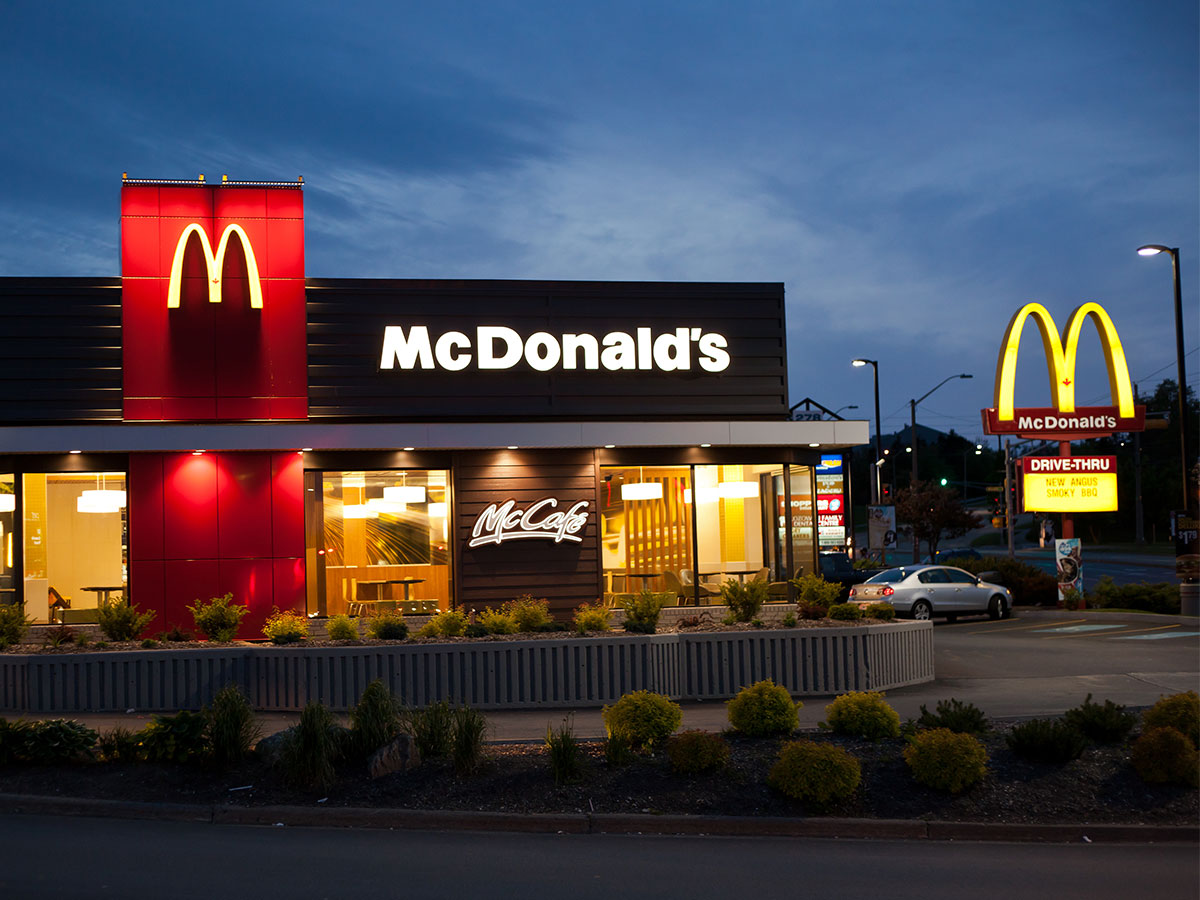After reading this article, I wonder if MickeyD’s was listening in on our chat on change last week?
Onsite with a client last Wednesday, we had a healthy discussion around what organizations, departments, teams, or individuals do when faced with change. We explored how, ultimately, they have one of two choices: seize the opportunity or don’t. Those who embrace change receive a competitive advantage. Those who don’t become irrelevant – a relic, a memory, history. We all know the facts: change is constant, change is everywhere, and the pace of change is accelerating. To ignore these facts is, well, hopeless. There is no survival without understanding and embracing that change is here to stay.
Regardless of your feelings about fast food, McDonalds is a fascinating case of not resting on ones’ laurels. They provide an example of a company that realizes how and where change is impacting their business and that they should, could, and would change too.
With 36,565 restaurants, McDonalds is the second largest fast food chain in the world and they are the highest revenue producing chain at $25B (more than double the closest competition). With numbers like that….if it isn’t broken don’t fix it, right? Wrong.
We all know the outcome of would-be giants who ignored the opportunity to change. For example, how is Kodak doing? Blackberry? (however they are one to watch right now!) Boarders? MySpace? McDonalds’s has been transforming their storefronts, transforming the transaction, transforming their menu (ok, well, maybe making adjustments), and transforming our notion of where to get the best cup of coffee. They are putting up a fight against specialty coffee houses by serving, in my opinion, a better cup of Joe at half the price. Next up, they will be testing fresh beef vs. frozen.
Regardless of the end result of this newest change consideration and the direction it takes them, McDonalds gives us a good example of “ABC”. Always Be Changing. We should understand and make choices that acknowledge this final truth about change: what got you “here” may not be what gets you “there.”
-d


